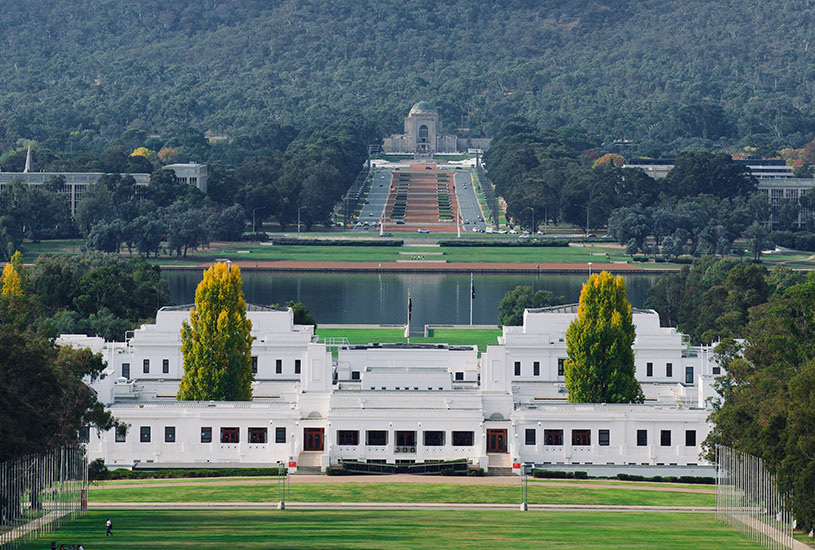Audra Simpson, a Mohawk scholar from Columbia University, will challenge thinking around state recognition of Indigenous peoples during a visit hosted by Deakin University’s Alfred Deakin Institute for Citizenship and Globalisation and The Wheeler Centre next month.
Associate Professor Simpson will speak at a public lecture at the Wheeler Centre on Monday, February 22.
She will also participate in a two-day workshop involving researchers from the Alfred Deakin Institute and other invited guests from various Australian universities, and run a Masterclass with PhD students while in Australia.
Associate Professor Simpson’s visit comes at a time when the relationship between the State and Indigenous peoples is receiving heightened attention in the lead-up to the referendum on constitutional recognition.
Her book “Mohawk Interruptus: Political Life Across the Borders of Settler States” won the Native American and Indigenous Studies Association’s “Best First Book in Native American and Indigenous Studies” Prize.
The public lecture will be followed by a discussion with Deakin’s own Professor Emma Kowal, author of the book “Trapped in the Gap: Doing Good in Indigenous Australia,” which received a prestigious award from the Academy of Social Sciences in Australia (ASSA) for its ground-breaking thinking on the politics of relationships between Indigenous and non-Indigenous Australians.
Alfred Deakin Institute for Citizenship and Globalisation Director, Professor Fethi Mansouri, said that facilitating discussions such as this was “the crux of what the Alfred Deakin Institute is about.”
“They challenge, they are thought provoking and cut to the heart of the national debate around reconciliation,” he said.
Event organiser Dr Victoria Stead said Australia was at a pivotal time in the debate among researchers and politicians about recognition.
“For a long time the so-called ‘politics of recognition’ have been taken for granted as a basis for life in multicultural and settler colonial countries,’’ she said.
“This is basically the idea that a key part of being human is the desire to be recognised by others, and so nation-states should offer recognition to Indigenous communities and other culturally diverse populations through things like land rights and constitutional recognition, and policies of reconciliation and multiculturalism.”
Dr Stead said that Associate Professor Simpson’s book “critiques what she calls the ‘politics of recognition’, showing how Indigenous peoples in her own Kahnawàke Mohawk community refuse the recognition of the US and Canadian states, and in doing so assert their own, ongoing, indigenous sovereignty”.
“Audra and other Indigenous scholars and activists argue that the politics of recognition can legitimate unequal power relationships and privilege the state as a centre of power that can choose to recognise – or not recognise – Indigenous groups,‘’ said Dr Stead.
Examples of refusal documented in Simpson’s work include young Mohawk men refusing to travel on US or Canadian passports and instead travelling on passports created and issued by the Mohawk nation.
“There are examples of this also occurring in Australia, and by doing this Indigenous people pose a powerful challenge to the authority of the state,” she said.
“Audra’s argument challenges us to consider that not all Indigenous people may want the recognition of the state.
“It’s not denying that recognition is a powerful tool that many Indigenous people have fought for, but rather that there are ways in which Indigenous people can offer that recognition to one another; that recognition does not need to come via the state.”



